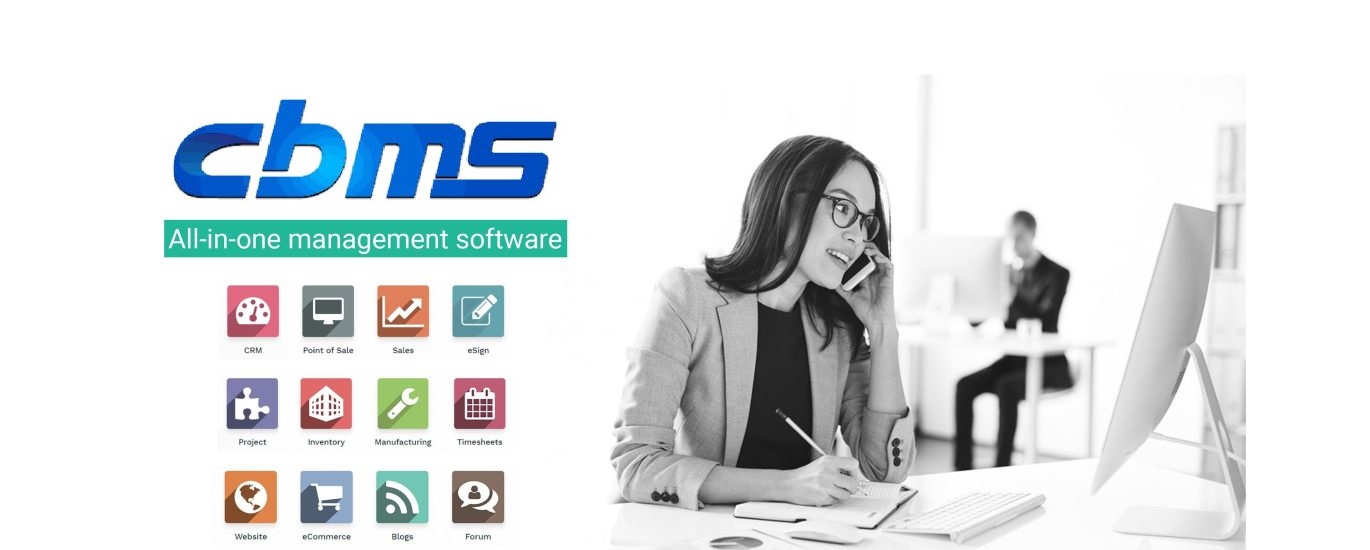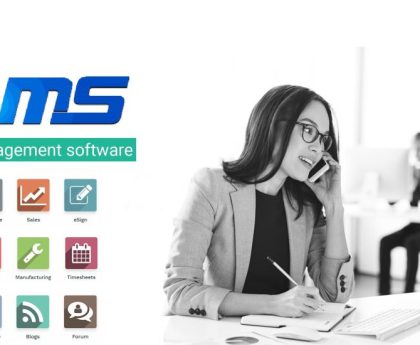eCommerce and ERP Integration
Today, eCommerce has turned into a revolutionized way of selling the products at relatively cheap cost. With the outbreak of E-commerce in past decades, many businesses have opted for keeping an online storefront along with their brick and mortar stores. With the advent of advanced technologies, some business has decided to solely go for the online option. But often, in this case, business owners use an e-commerce platform and an ERP software as two separate components making it difficult to manage. Each application acts as an independent silo with no communication in between, missing out on the benefits of an integrated ERP system. But if we integrate E-commerce with the ERP system, one can easily manage the online sales along with efficient internal business functional management.
Top 7 benefits of eCommerce integration in an ERP system
Improves Functionality:
The integration of an ERP software initiates the availability of real-time data to the storefront, allowing customers to view and access the information pertaining to the available inventory, latest order status, and also tracking the shipments using the lot/serial or other tracking numbers. This helps in reducing the cost of operations and improving the customer experience with your storefront.
Reduces the inventory cost:
Via integrating the ERP, one can initiate the updated sales information. An ERP gives all web sales information and also timely updates about the web transactions. The updated web sales information and inventory details get you to forecast and properly plan the purchase, reducing the inventory operational cost. With an ERP, one can easily track the inventory in real-time and also forecast how much inventory you need in the future.
Generate financial reports:
An E-commerce application can easily generate financial reports on sales. Via integrating the E-commerce with an ERP, the end user can move a step ahead, as an ERP software provides Balance Sheet, P/L Statement, Trial Balance, Cash Flow, etc. ensuring transparency about on the web transactions and financial information across the organization.
Increase productivity and saves time:
The integrated ERP software streamlines multiple business processes, reducing the human resource involvement in the business processes. The employees no longer have to manually input data from one platform to another (e.g. shipping info, inventory levels, product info); instead, communication takes place automatically. This saves time and money and also makes employees free to be productive in other ways.
In addition, all the web sales orders will get timely integrated into the ERP system. Also, an ERP user can instantly track the order and start further processing. With ERP software integration the order fulfillment cycle is reduced.
Reduces Data Redundancy and Error:
With integration, all information like the web customer details, web orders, payment & shipping information will be integrated to ERP software. In addition, the Item and Inventory details can be uploaded from ERP to e-commerce portal, eliminating the need of re-entering the data. Thus the integration reduces human involvement, data redundancy and error happening across the two different platforms.
Increase Customer Satisfaction:
One can easily raise the level of customer satisfaction, via providing the up to date and real-time product information, inventory availability detail, order tracking detail, etc. in the E-commerce from ERP software. One can also automatically notify about when the shipment goes out, and thereby track the shipment along its journey. With real-time information providence like knowledge about what’s going on behind, adds value to the customer experience. Even if trouble comes by, e.g. a delay or lack of stock, knowledge about the situation can minimize any dissatisfaction.
Better Control of your Business:
Integration of eCommerce and ERP business processes provides the business owners to manage the whole business process from one location. It also unifies the eCommerce system with inventory, manufacturing, CRM, financials, e.tc. improving the communication between the internal departments. Finally, if you make money online and offline, integration allows you to have one holistic picture of your sales.


